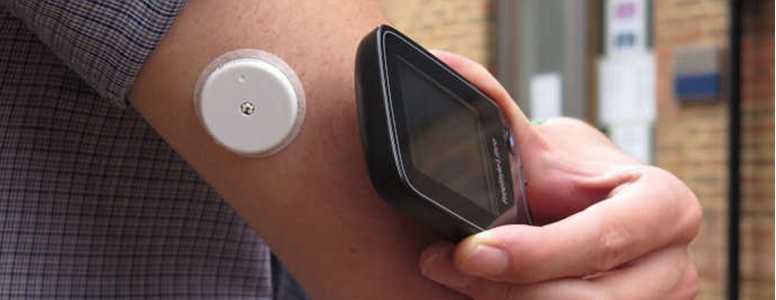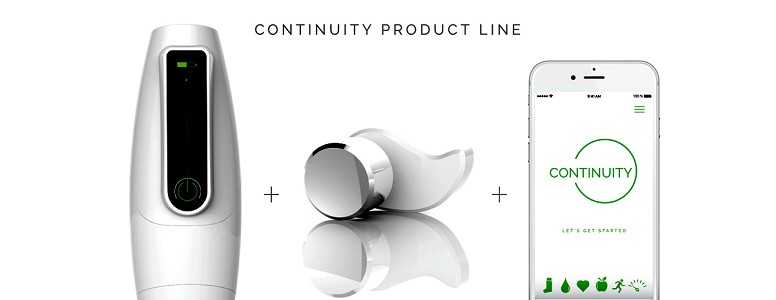Almost 30,000 people with type 1 diabetes across England have received access to the pioneering FreeStyle Libre device.
Prof Partha Kar, NHS National Specialty Advisor for Diabetes, has said he is “thrilled” that so many people are being given access to the technology.
The FreeStyle Libre is a flash glucose monitor. Flash glucose monitoring allows people to wear a sensor on their body. When the sensor is scanned by putting a reader next to it, a glucose level reading is produced.
The system has advantages over blood glucose testing. Once the sensor is on, it does not require finger-pricks to be taken for each glucose reading. This helps to reduce the number of finger-prick glucose tests that are needed.
There is no limit on the number of times you can test, and each reading includes a trend line helping people with diabetes to see whether their glucose levels are rising, falling or steady. These advantages can help to improve blood glucose control and more easily prevent too low or too high glucose levels occurring.
The drive to increase availability of technology, such as the FreeStyle Libre, is part of the NHS Long Term Plan, which was published in January this year. The push to specifically increase prescribing of the FreeStyle Libre device and its sensors commenced in April.
The data has shown that 28,453 people have been given a device. There are over 250,000 people with type 1 diabetes in England. The figures show that roughly one in 10 people with type 1 will be using a Libre now.
Speaking in Parliament, Prof Kar said: “Providing flash monitors on the NHS is a huge leap forward and it is fantastic to see the roll out make an instant impact, this is another example of how the NHS is making sure patients can benefit from the latest technologies.
“I’m thrilled with how many people are already benefitting from the device and doing away with inconvenient finger-prick checks, less than a year into delivery of the NHS Long Term Plan. Tens of thousands of people are experiencing first-hand the difference that cutting-edge treatments on the NHS are making for people living with type 1 diabetes across the country.”





